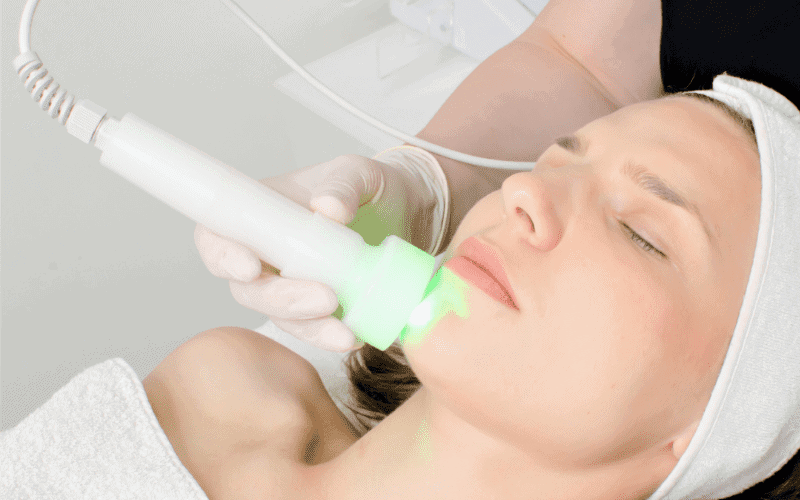The skin is the largest and most visible organ in the body so it can often reveal warning signs of underlying health problems that need to be treated. Your skin can be affected by a wide range of different conditions in different parts of your body so it is essential to seek advice about any unusual symptoms. Although skin symptoms are usually caused by treatable skin conditions, they can sometimes be a sign of a serious health problem.
What Conditions Show Up on The Skin?
Skin conditions such as allergies, eczema and infections are the most common cause of symptoms that appear on the skin. Although many of these skin conditions won’t cause any serious problems there are some that can be more serious. For example, psoriasis can be a very debilitating disease during severe flare ups and it can lead to complications such as arthritis and heart disease. Changes in your skin could also be a sign of skin cancer, which can be fatal if it is left untreated.
Skin conditions can also be a sign of an illness affecting other parts of your body. Even if the skin symptoms appear to be mild there could be other problems developing elsewhere. For example, itchy skin can be a sign that vital organs such as your kidneys aren’t functioning properly.
Many different conditions can cause skin conditions, including diabetes, heart disease, and liver failure. Skin conditions can act as an early warning sign that can enable you to address these illnesses before they get worse, as long as you listen to them and see a doctor.
Skin Conditions That Can Be Signs of Illness
Any unusual changes in your skin could be a sign of an underlying illness, especially if they are persistent or don’t respond to the usual over the counter treatments. You should always consult a doctor if you notice anything unusual, just in case it is a sign of something serious. In most cases, the symptoms will usually be caused by mild or manageable skin conditions but it is vital to find out for sure.
A wide range of conditions can affect your skin in many different ways. Here are some of the warning signs in your skin that could indicate an underlying health problem.
- Rashes are a common symptom of infections. Sometimes these are skin infections that can be treated by a dermatologist, but they can also affect other parts of the body such as the lungs.
- Diabetes can cause various skin conditions including rashes, dark patches, blisters, and dry, itchy skin.
- Bluish skin can be a sign of poor circulation due to heart disease. Cardiovascular disease can also cause swelling in your extremities or make your nails grow into a curved or clubbed shape.
- Yellowish skin or jaundice can be a sign of liver problems. It can also make the whites of your eyes appear yellow.
- Acne can be caused by hormonal imbalances such as polycystic ovarian syndrome (PCOS) in women. PCOS can also cause excess hair growth.
- Clusters of waxy bumps that appear suddenly on your skin can be a sign of high cholesterol, which could be increasing your risk of cardiovascular disease. You could also notice individual waxy growths if your cholesterol levels are too high.
- Thickening or hardening of the skin can be a sing of several illnesses, including diabetes, high blood pressure, kidney disorders, and autoimmune problems.
- Itchy skin is usually caused by dryness or a rash, but it can also be a sign of various conditions ranging from liver disorders to iron deficiencies and even cancers such as leukaemia and lymphoma. When it is linked to an underlying illness, the itchiness often happens across your whole body even though your skin looks normal.
If you notice any of these symptoms or other changes in your skin then it is best to see a doctor. Skin conditions aren’t usually a sign of a serious underlying condition but there may be an issue that needs to be treated. Taking notice of skin symptoms could save your life if it helps your doctor to detect a serious illness. Even if the problem does turn out to be a simple skin condition the treatment your doctor provides may be able to relieve uncomfortable or unsightly symptoms.

